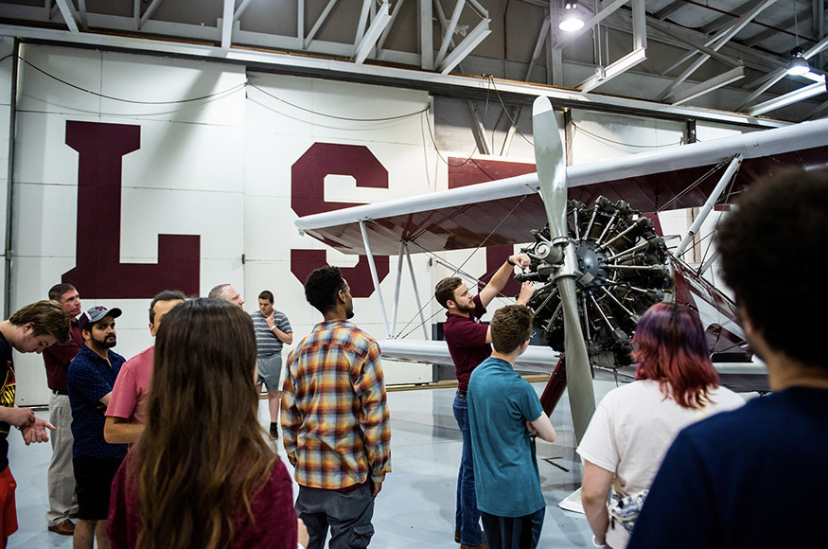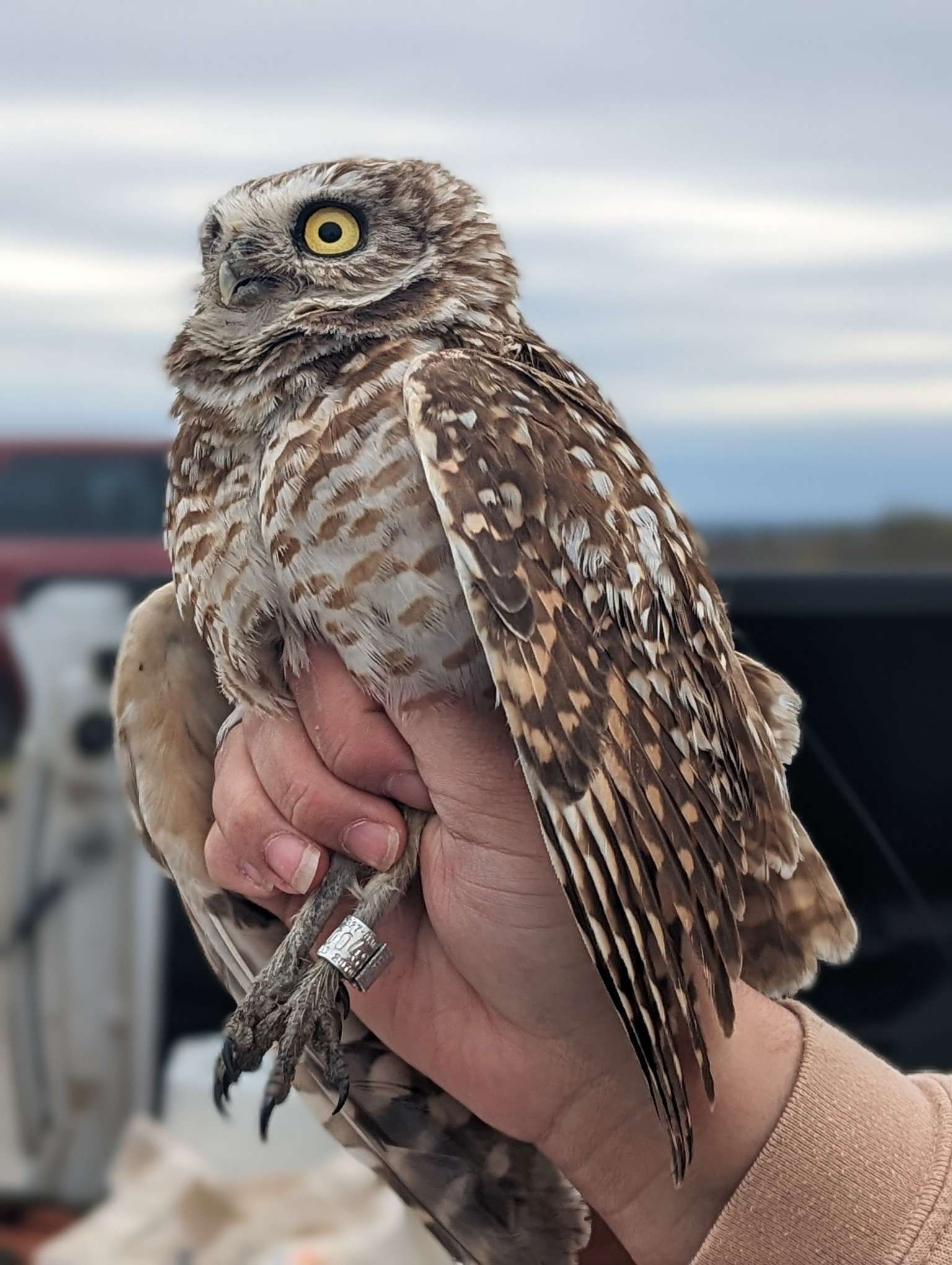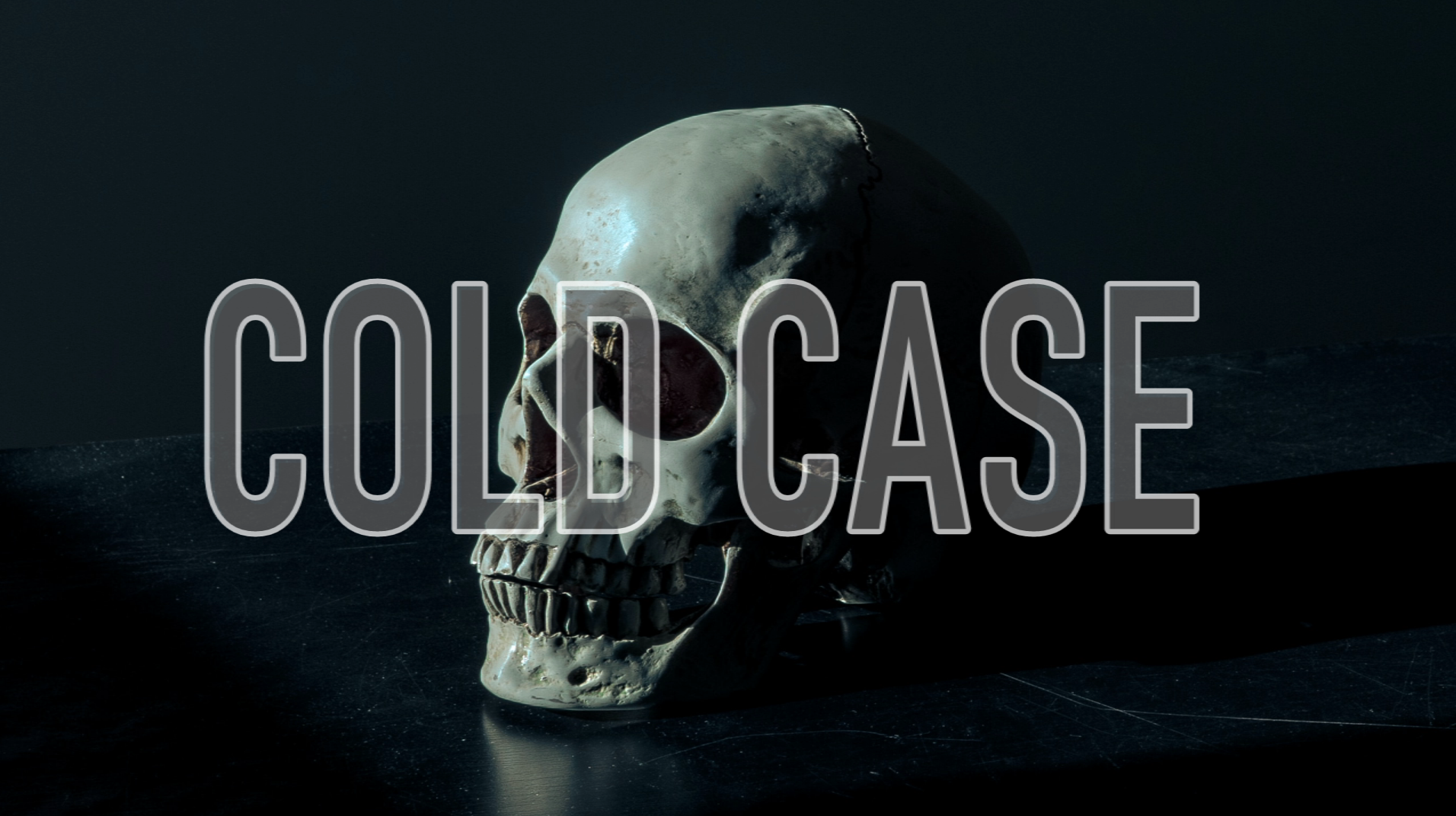A group of young people with Autism Spectrum Disorder who are interested in science, technology and related fields are getting a new chance to learn about physics and other topics this week as part of an innovative camp at Mississippi State, which may be the country’s first of its kind.
MSU Assistant Professor of Physics Ben Crider is using a prestigious $600,000 National Science Foundation 2019 Career Grant to advance his nuclear physics research, which includes a highly interactive summer experience for students with autism that was delayed due to COVID-19.
This week [June 5-11], the residential camp is hosting six high school students—age 16-19—taking part in hands-on demonstrations, touring research centers and playing games that drive home scientific concepts. In addition to learning about nuclear physics, they also are learning about electricity, aerodynamics and astronomy, among other topics. The camp will culminate with the “Physics Olympics” this Friday.
“As far as I know—and I can’t say this with absolute certainty—but we believe this is the only physics-focused camp for students with Autism Spectrum Disorder in the country,” Crider said. “At MSU, we have a lot of resources for folks with ASD, so this is not only a camp to come and learn physics, but also to come and see what the campus has to offer in terms of resources that are both fun and interesting regarding research and support for other needs.”
In developing the camp, Crider collaborated with colleagues across campus, including the College of Education’s Dan Gadke, head of MSU’s Department of Counseling, Educational Psychology and Foundations, and Kasee Stratton-Gadke, director of the T.K. Martin Center for Technology and Disability. Both serve on the project’s advisory board and are co-founders of MSU’s Autism and Developmental Disabilities Clinic. Crider additionally worked with staff in MSU’s ACCESS Program, Mississippi’s only post-secondary program for students with various intellectual disabilities, including autism.
Crider praised the university’s resources for students with disabilities and said the cross-departmental collaboration to make this camp a reality is a testament to how faculty and staff work together across campus to ensure students have the best experiences possible—whether enrolled in a camp or in university coursework. He said a primary goal of the summer program is to inform students of the “great resources that exist at a four-year university like Mississippi State.”
Crider said many students with ASD may find courses focusing on science and related fields particularly appealing.
“The physics summer school is designed to offer students with ASD a comprehensive postsecondary transition and to teach them physics and socialization skills. This is also a way for them to learn about research projects and consider the option of pursuing a STEM degree at a four-year university,” Crider said.
“By engaging students who are part of this underserved population in physics, the opportunities of studying physics and performing research can be shown to a new generation of highly capable scholars,” he said.



















